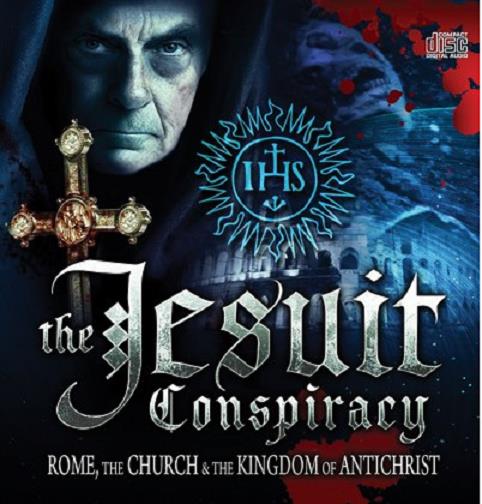A short series by Ken Gentry
In a 6 Parts series below
Christological Distortions in Dispensationalism
In this and the next few newsletters, I will be highlighting three types of distortions involved in popular classic dispensationalism. These distortions are harmful to a balanced Christian worldview. In this brief series, I have chosen to cover classic dispensational errors in the areas of christology, redemptive history, and contemporary historical progress. There are, of course, many other areas that I could consider.
Before I begin considering these, it should be understood that, as in any system, there will be some internal disagreements among its adherents. The aspects I have chosen for scrutiny are broadly popular, even if some of the details of the following features are debated by dispensational theologians. I would also note that I will not be dealing with the latest variety of dispensationalism, “progressive dispensationalism.” This is because I am more concerned with the enormous influence of the older form which lies behind many multi-million selling books found in Christian bookstores everywhere. It’s influence is as large as it sales are enormous.
“Christ’s Rule is Future”
First, popular dispensationalism denies the contemporary presence of Christ’s kingdom, despite the clear teaching of Scripture. Thomas Ice writes that: “Whatever dynamic God has given believers today does not mean that the Messianic kingdom is here. We see it as totally future.” [1] Continue reading






